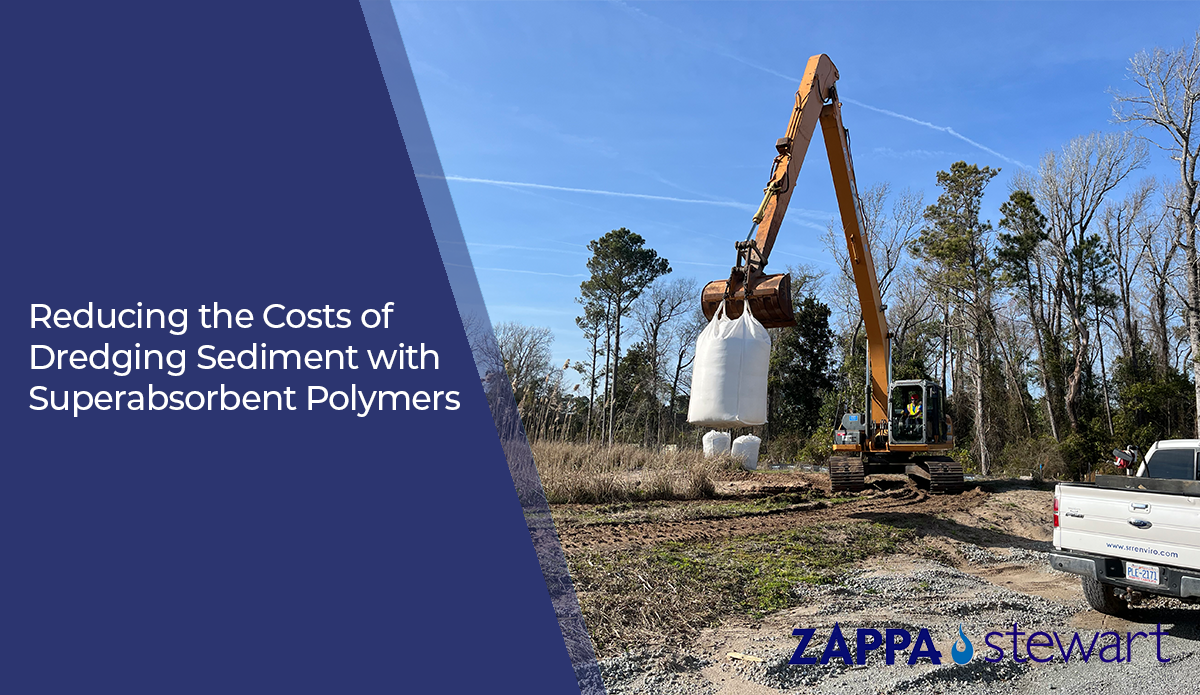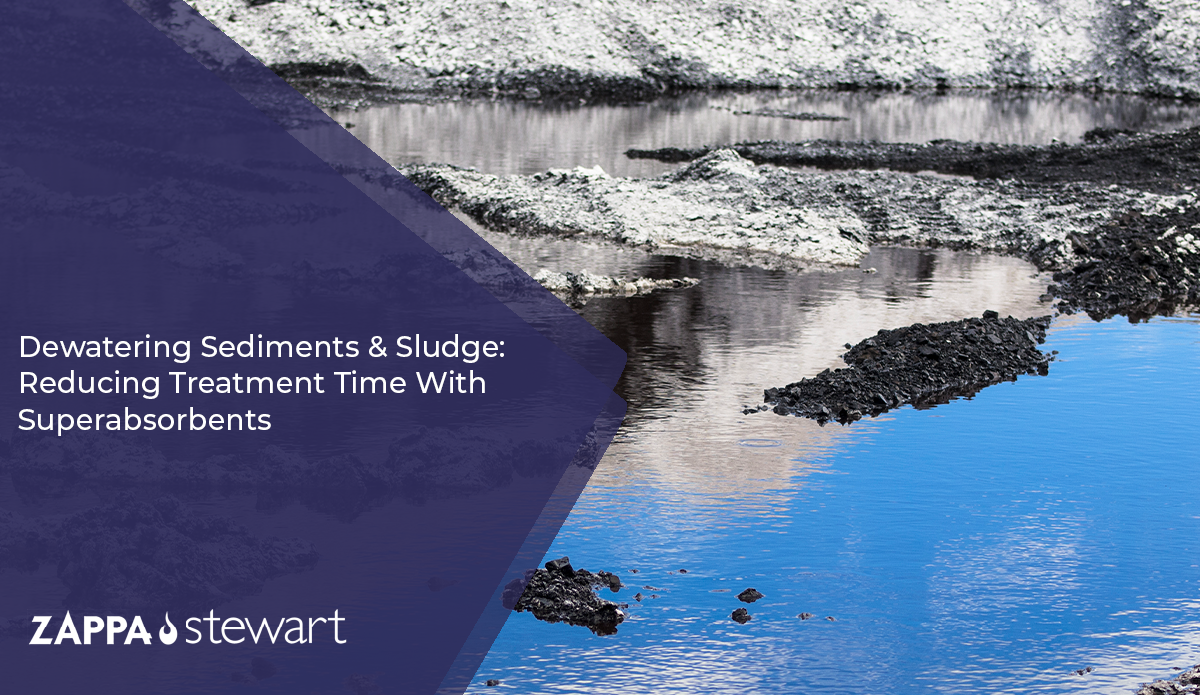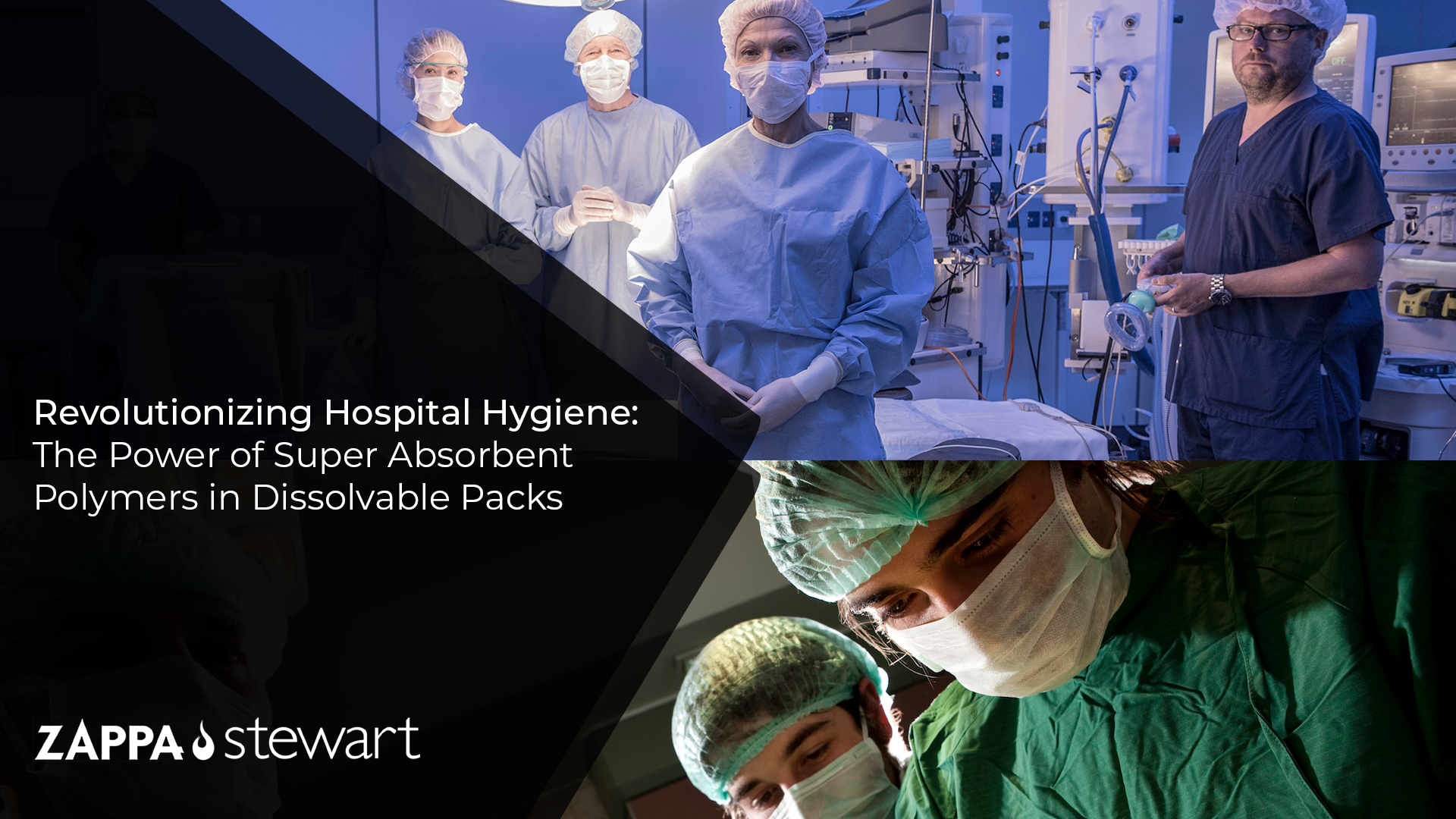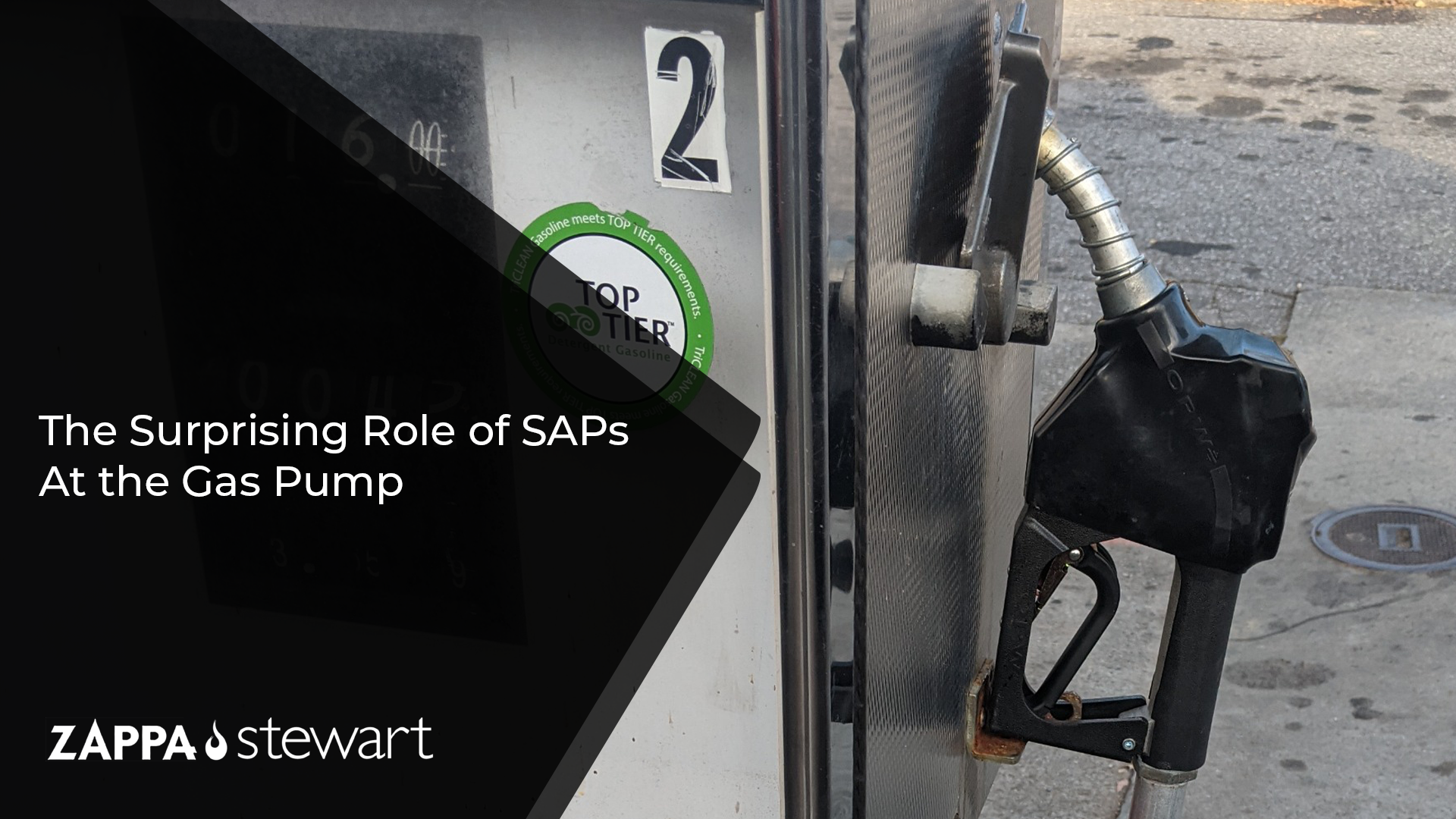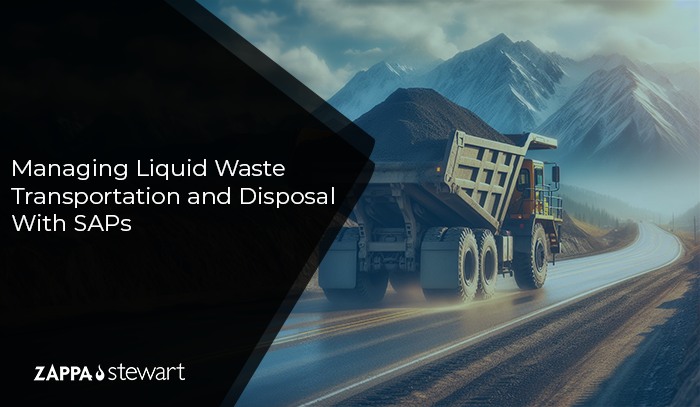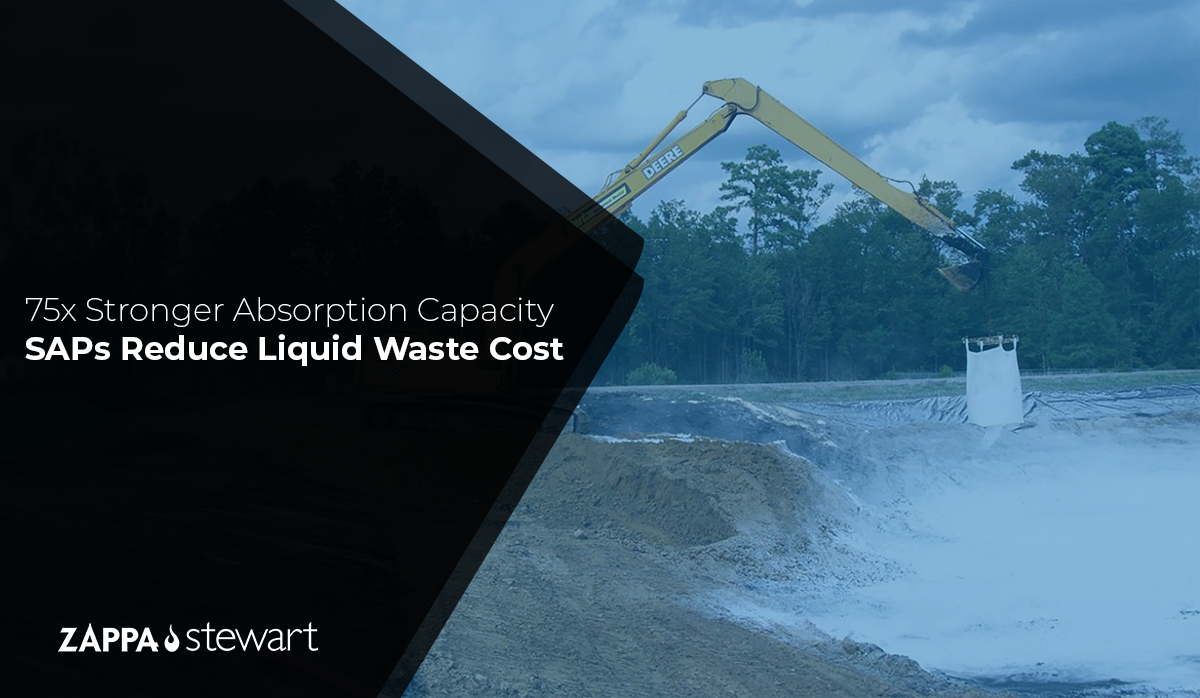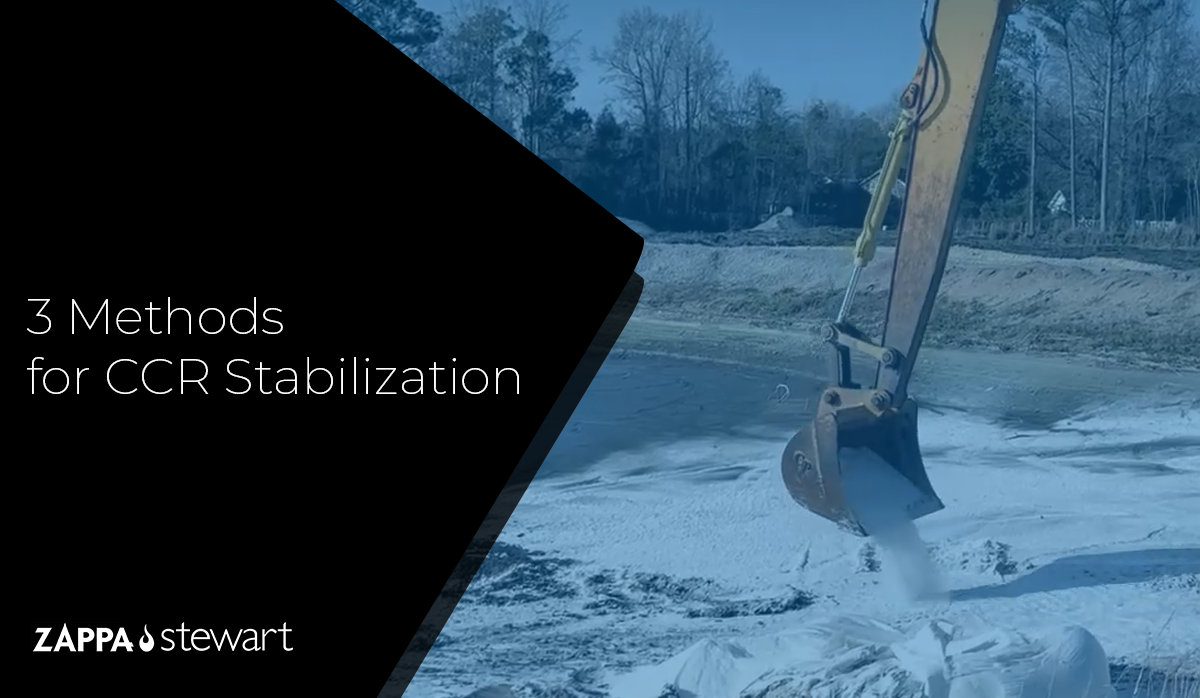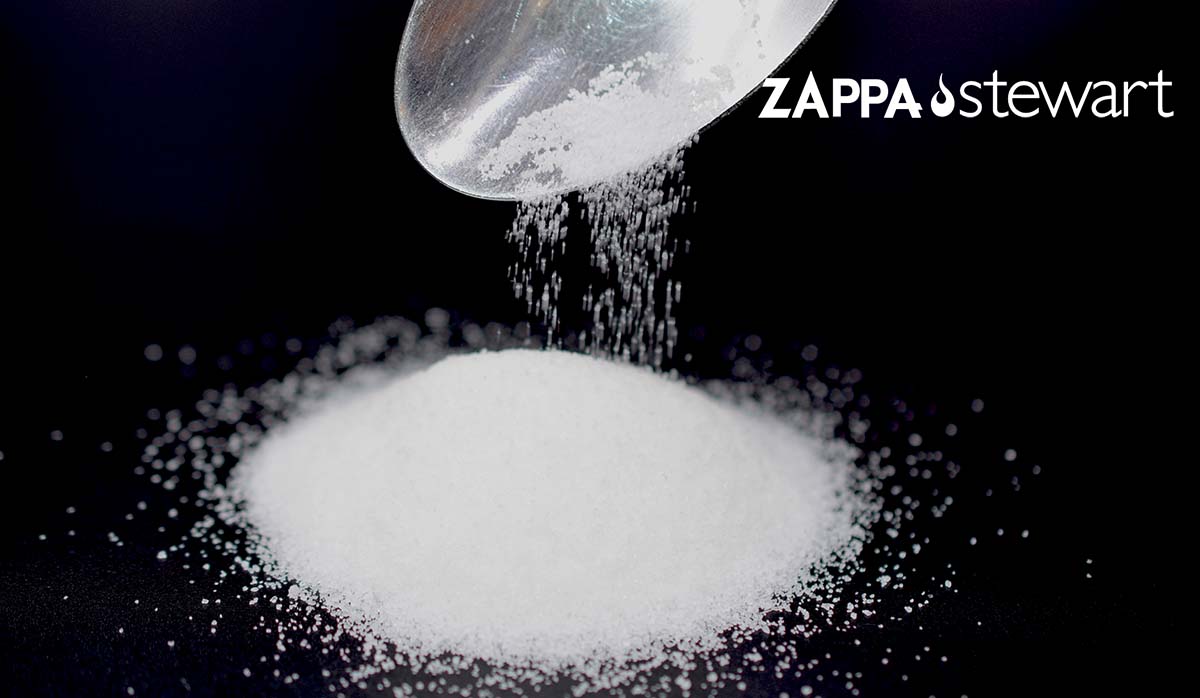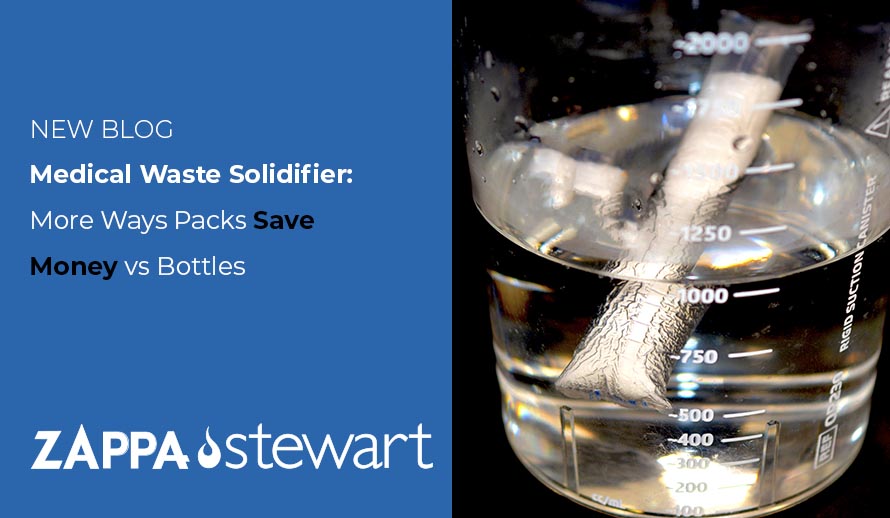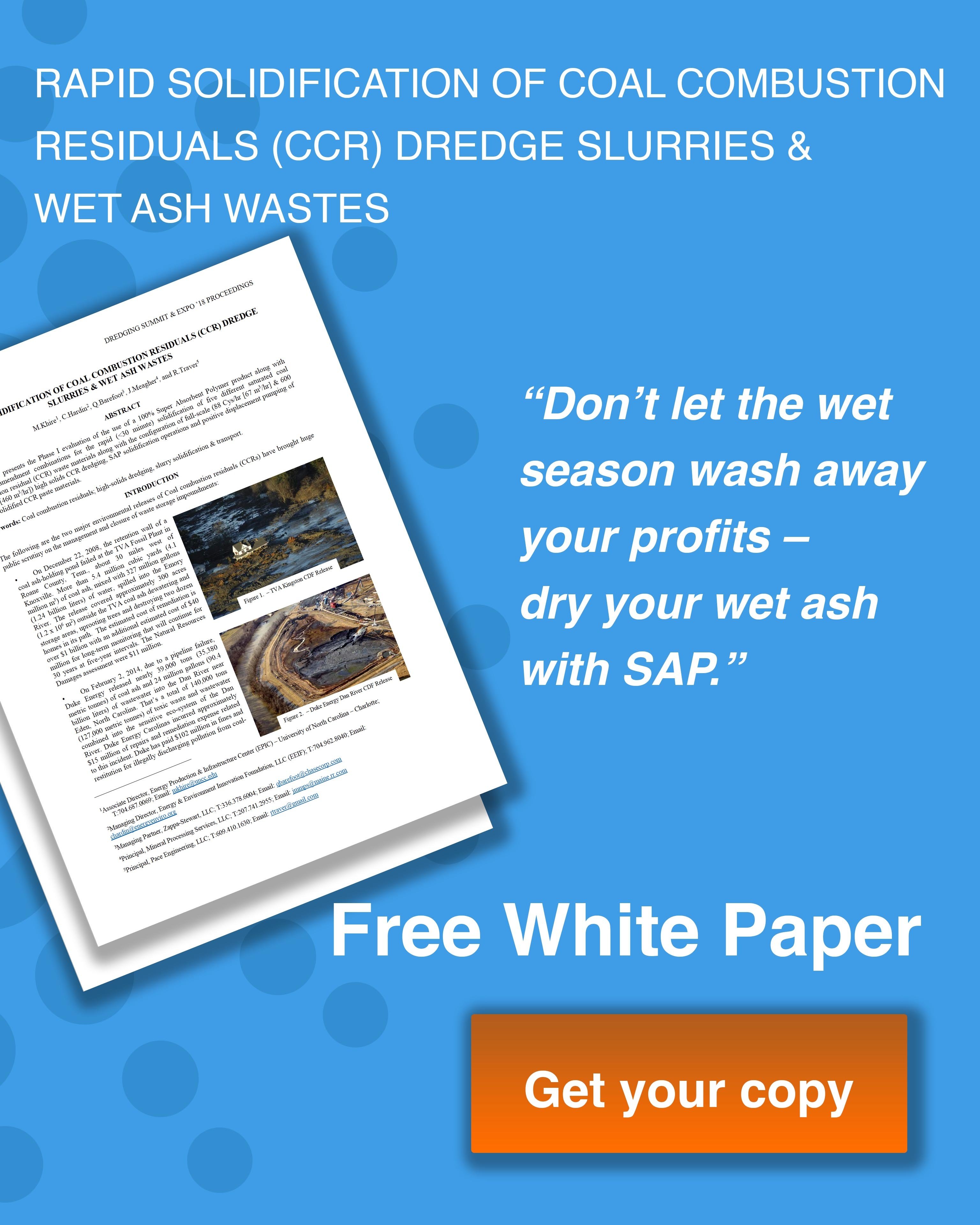Dredging of saturated sediments from waterways, wastewater lagoons, and stormwater ponds generates massive quantities of waste material that require costly and time-consuming management practices, such as dewatering, solidification, transportation, and off-site disposal.
If solidification, transportation, and disposal of saturated sediments are a part of your scope of work, superabsorbent polymers (SAPs) can help to reduce your budget, time-on-site, and environmental risks.


